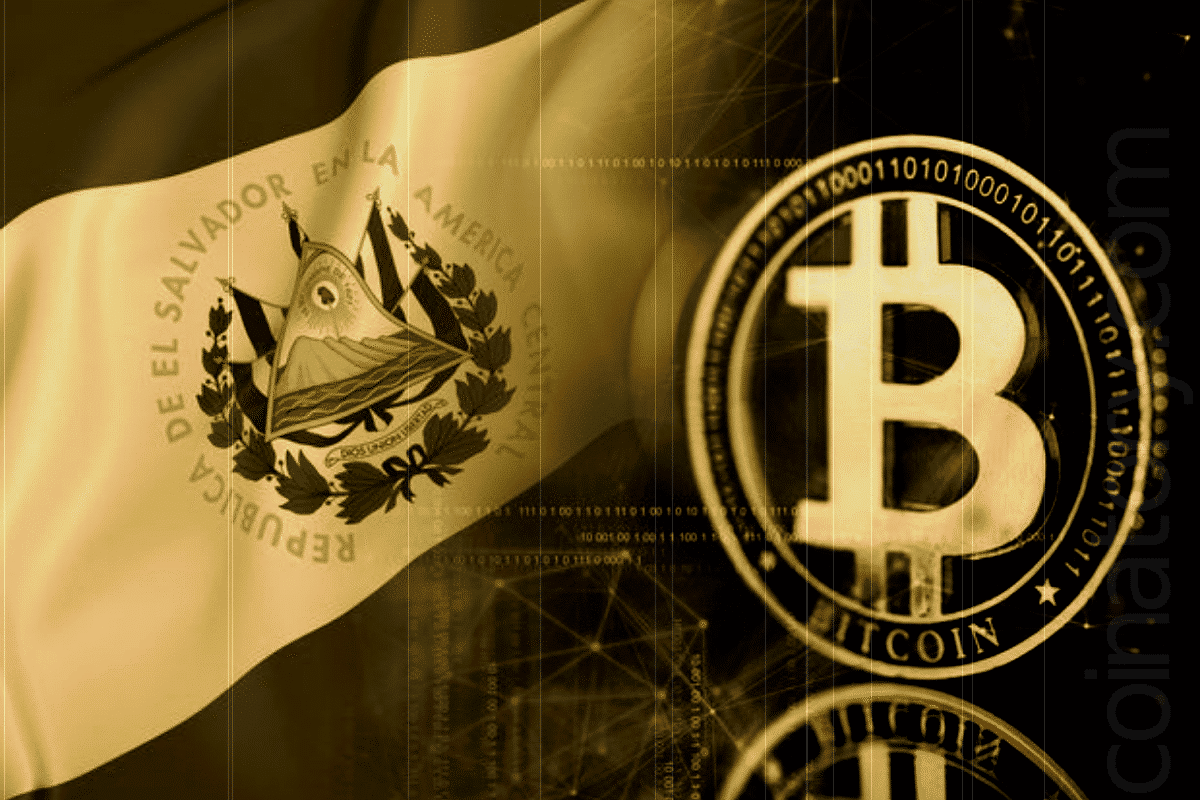
Global attention is being generated by El Salvador’s enormous $3 trillion gold discovery, which is igniting discussions about sustainable mining, economic reform, and a daring shift toward Bitcoin investments.
President Nayib Bukele of El Salvador recently revealed that the country’s unexplored gold reserves might be worth over $3 trillion if completely developed. The disclosure has rekindled debates on easing the nation’s ban on metallic mining from 2017, which Bukele believes is impeding economic development.
Under the Pacific Ring of Fire, a Treasure
According to preliminary research, only 4% of El Salvador’s mining regions have been investigated, yielding about 50 million ounces of gold valued at $131 billion, or almost 380% of the country’s GDP. According to Bukele, thorough exploration might raise the deposits’ estimated value to an all-time high of $3 trillion, or 8,800% of the nation’s GDP.
The leader of El Salvador ascribes the country’s mineral wealth to its advantageous location within the Pacific Ring of Fire, an area renowned for its wealth of natural resources and volcanic activity. He listed substantial stocks of tin, gallium, and tantalum in addition to gold, which are necessary for developing technologies in the fourth and fifth industrial revolutions.
Opportunity vs. Sustainability
Critics voice concerns about sustainability and environmental degradation, while supporters see the discovery as a possible game-changer for El Salvador’s economy. Bukele maintains that ethical mining methods could reduce these dangers and allow the country to utilize its natural resources without endangering the environment.
The Part Bitcoin Plays in the Great Opportunity
El Salvador’s focus on cryptocurrencies and its status as the first country to accept Bitcoin as legal tender have increased interest in the gold discovery. The sudden money, according to Bitcoin proponents Pierre Rochard and Max Keiser, could encourage significant Bitcoin investments.
In contrast to Bitcoin’s limited supply, Rochard pointed out that additional mining might dilute the value of gold. Citing Bitcoin’s growing dominance over gold, Keiser suggested monetizing the reserves through convertible preferred shares in order to ensure sizeable ownership of the cryptocurrency.
“$300 billion in Bitcoin now is better than a wasting asset like gold in the future,” Keiser emphasized, suggesting that Bitcoin’s long-term value outstrips traditional assets like gold.
A Revolutionary Turning Point
The finding of gold in El Salvador has put the country in a critical position. The nation might reshape its economic trajectory by carefully combining sustainable mining with Bitcoin investments, striking a balance between short-term profits and a long-term goal of financial stability.







